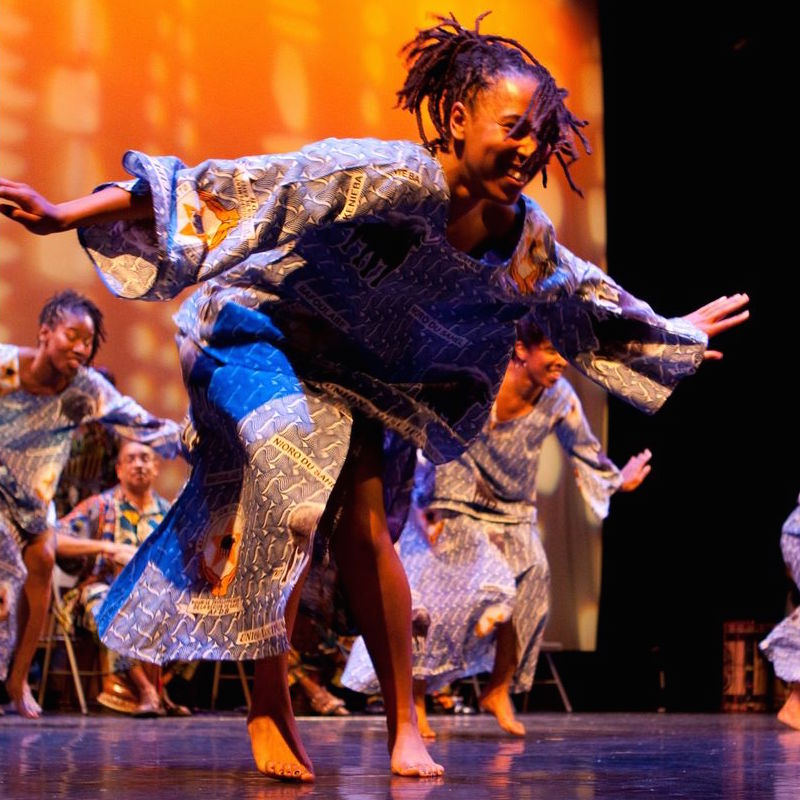The Right Use of Power in a Relationship
“The right use of power and influence is any use of power that does any or all of the following: prevents harm, reduces harm, repairs harm, promotes well-being… power is the ability to have an effect. It could also be considered the ability to access and mobilize resources.” ~ Cedar Barstow, The Right Use of Power
I experienced a lot of resistance to sitting down and writing this. For over an hour I stared at the blank computer screen, finding countless excuses and other things that I just had to do at that moment other than start writing. Eventually I began to get curious about that as I am not normally so averse to writing. That’s when it occurred to me that even thinking about the idea of my own power was completely intimidating and very uncomfortable. When I say the word power, my body cringes in on itself and sort of freezes, as if literally shying away from claiming my power. I am still working on finding a place of power in my body that comes through my heart.
Although I like Cedar Barstow’s definition of the right use of power, it isn’t the idea of power that I grew up with. As a child, it seemed that people who held power were those who had the ability to make decisions about the lives of others. For me, this was mainly my parents. I can remember many occasions on which I felt that they had abused their power because I was not allowed to do something that I wanted to (e.i. stay up all night or eat dessert before dinner). My dad still tells the story of when I was about four years old and I blurted out to him and my Grandmother that “Big people always get to tell little people what to do! When I’m big I’m gonna tell the little people what to do too!” In reality though, throughout my life I have always empathized with the disempowered end of the power differential. That has manifested as consistently being drawn to protect and stand up for children, animals and oppressed groups of people. Though I have never overtly called myself a social justice counselor, I believe that it is inherent in the job title. After all, as Derald Wing Sue says, “If social policies are detrimental to the mental and physical health of minority groups, does not the mental health professional have a responsibility to advocate for change?” I think so!
I have seen too often that those who have the power to make the most influential decisions, are not the ones who have the most relevant information. Every day rich politicians make decisions that affect the lives of poor people. Human beings, though often well meaning, make decisions that drastically affect the lives of wild animals and the environment. If my life experience has taught me anything, it is that power is often and easily abused. And that those who have it will often do anything to keep it.
Now that I, as a therapist and a mother, find myself in a position of power, what I feel most is the burden of that responsibility. I have the ability to profoundly influence the lives of others and I do not take that lightly. My greatest hope is that I can continually cultivate the Beginners Mind – staying curious, always learning and questioning what I think I know. I hope that my clients will feel able to challenge me. After all, I am not the expert on any person’s experience but my own. I hope that my power is always guided and tempered by love.

Tajah Sahar Schall MA, LPC, R-DMT
I provide somatic (body-based), social justice oriented counseling to individuals, couples and families of all sociocultural backgrounds. I support adolescents and their families through the unique and often difficult time of transition by incorporating movement, nature and rites of passage into the therapeutic process.
Location
Zoom sessions only for the time being
Call for Appointments
(215) 605-0280
